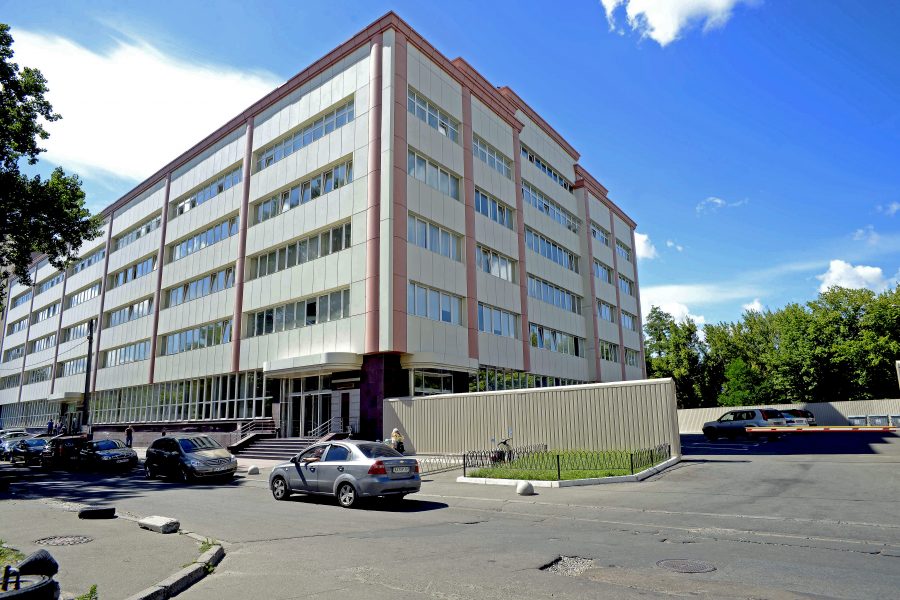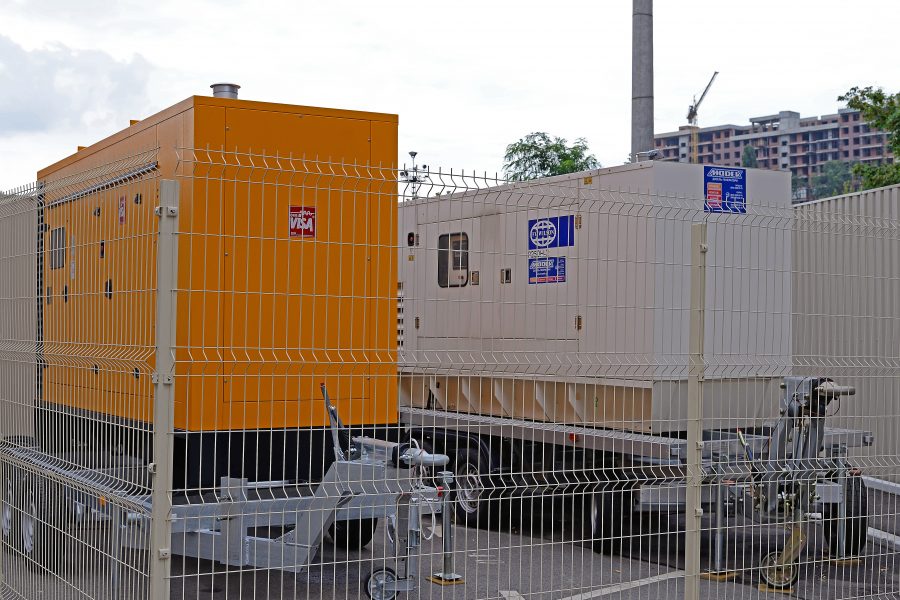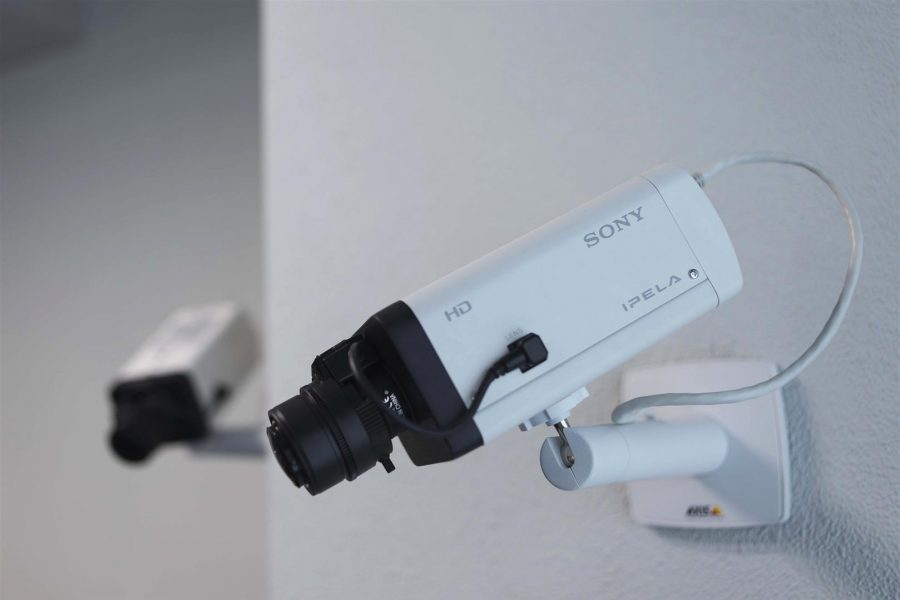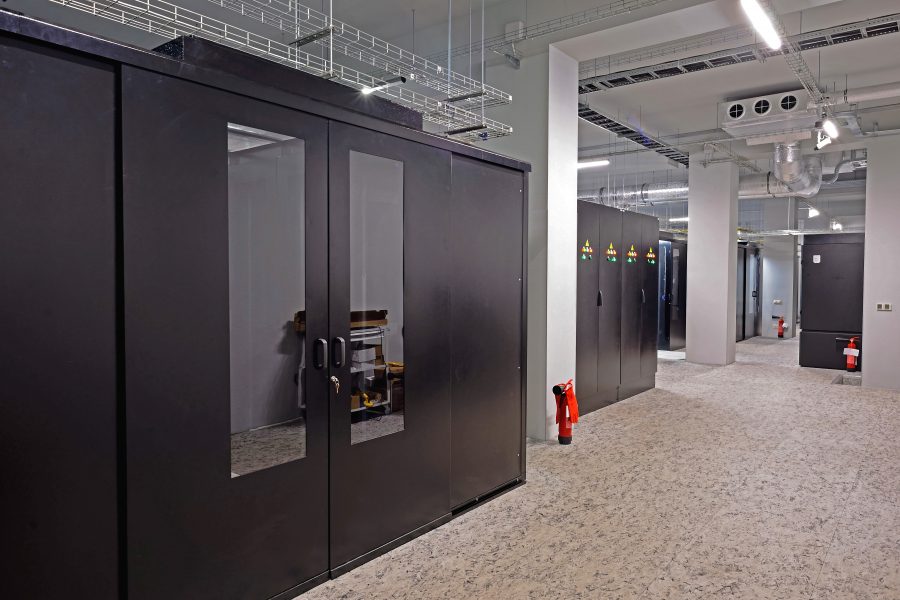Telecom operators need to step up their efforts in the smart home market if they don’t want to be surpassed by other players. According to a new report from ABI Research, communication service providers could generate USD 11.2 billion in revenue from smart home services in 2022, but it will not be an easy journey to claim their place in the market.
Telcos traditional place in the home is threatened by new products and services from the likes of Google and Amazon, such as smart speakers with AI-driven functions. However, telecom operators are starting to come with their own smart home products, such as Telefonica with Aura, Orange with Djingo, and SK Telecom with Nugu, as well as adopting AI to improve their services to customers. “Now is the time for CSPs to be more aggressive in tying the usage of their AI assistants to their other connected and smart home offerings,” the market researcher said.
To win the smart home, CSPs must take a platform approach, as done by Deutsche Telekom or Comcast, two of the leading CSPs in this space, ABI said. The legacy model of fixed-line services should not be extended to the smart home. The researchers recommend a platform strategy supported by the creation of a wide partner ecosystem, and the use of freemium services rather than traditional bundles to monetise the platform. Telco’s mix of essential (e.g. broadband connectivity) and value-added services (e.g. monitored security) can be customised to target customer needs and regional dynamics.









